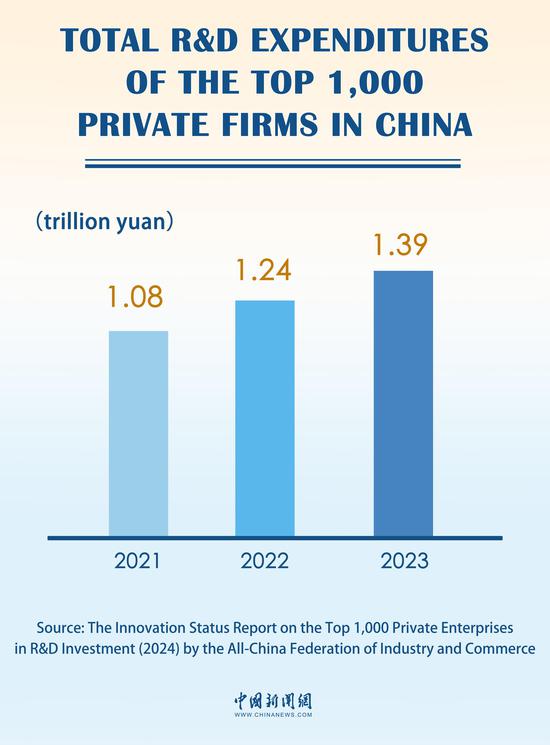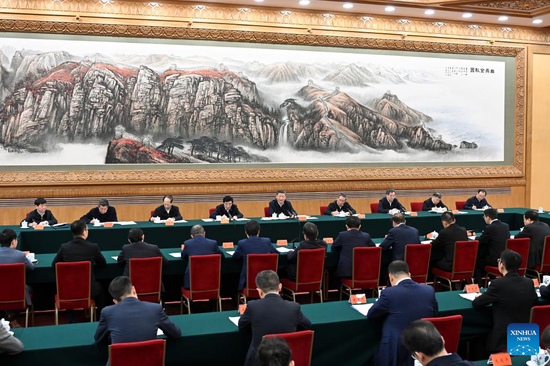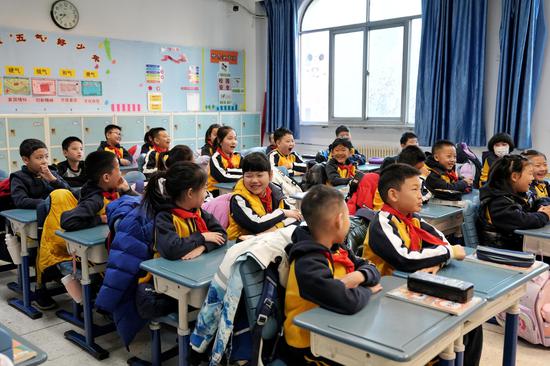The United States government's recent adjustment of the "de minimis" tariff exemption policy for small packages and low-value items imported from China will only prompt Chinese cross-border e-commerce platforms to realign supply chains and logistics networks, accelerate the establishment of overseas warehouses and diversify layouts in emerging markets to navigate tariff challenges, experts said on Tuesday.
They noted that the revocation of the small-package tax exemption will surely lead to higher prices of goods that were once affordable and widely accessible to customers in the U.S., increase consumption costs for shoppers and affect their shopping experiences, while ultimately hurting their interests.
The comments came as U.S. President Donald Trump temporarily suspended the imposition of tariffs on low-value products from China shortly after announcing an end to the duty-free policy for shipments worth less than $800.
However, the "de minimis" trade exemption will again be eliminated after the U.S. Department of Commerce establishes a system to "fully and expediently process and collect tariff revenue", according to the executive order signed by Trump.
Hong Yong, an associate research fellow at the Chinese Academy of International Trade and Economic Cooperation, said the adjustment of "de minimis" policy will bring about challenges to Chinese cross-border online marketplaces, as it adds to transportation and logistics costs and operational pressures for these platforms in the U.S., pushing them to adjust pricing strategies and optimize supply chain management to reduce dependence on any single market.
Hong said that in order to mitigate the impact of tariff hikes, Chinese e-commerce platforms should invest more in establishing overseas warehousing and distribution centers, accelerate steps to expand their footprint in more diverse markets, and strengthen cooperation with international logistics enterprises to improve delivery efficiency and lower logistics costs.
"If the elimination of the small-package tax exemption is finally implemented, the costs for U.S. consumers purchasing Chinese-made products will undoubtedly increase. The move will make shoppers become more prudent when choosing commodities, and some of them may even reduce the frequency of purchases," said Liu Ying, a professor from the Capital University of Economics and Business.
Chinese cross-border e-commerce platforms including Shein and PDD Holdings' Temu have gained popularity among U.S. consumers as they offer a wide selection of merchandise at competitive prices. Most of the products are shipped directly from factories or warehouses in China.
The two online discount retailers have taken steps to expand their operations in the U.S.. Temu began adding Chinese sellers to its site that have inventory at U.S. warehouses last year, allowing it to ship packages faster to American shoppers. Shein has opened distribution centers and a supply chain hub in the U.S., and started to diversify its supply chain, adding more suppliers from Brazil.
Zhang Zhouping, a senior analyst of business-to-business and cross-border activities at the Internet Economy Institute, a domestic consultancy, said that the U.S. government aims to weaken the competitive advantages of Chinese goods in terms of cost-effectiveness and contain the rise of China's cross-border e-commerce enterprises by adjusting the tariff exemption policy on low-cost packages from China.
The recent policy shift will not only result in reduced supply and fewer choices for U.S. consumers, but will also have a negative impact on the overall development of the global e-commerce industry, Zhang said.
He added that it is of vital significance for Chinese online retailers to strengthen localized operations in overseas markets in order to reduce international transportation costs and expand their global reach to emerging markets in Southeast Asia, Europe and South America.
fanfeifei@chinadaily.com.cn


















































 京公網安備 11010202009201號
京公網安備 11010202009201號